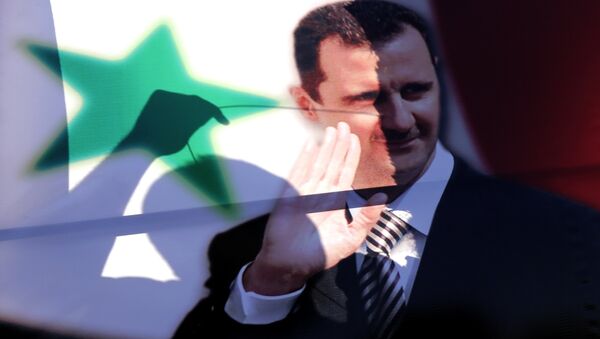Sputnik: What are your thoughts about the statement of Israel's education minister equaling Hezbollah to Lebanon and Israel's treatment of Lebanon as such? What will it mean in practice?
Eyal Zisser: Well he's a politician, this is when we can expect from a politician, also he wanted to send a political message, and it's quite clear I can understand the message that this group, which is part of the political system, which is part of the country's operating from within the country to country has responsibility, so with this I can agree. But clearly, anyone who knows Lebanon knows what Hezbollah is; it's a very strong but very small group in Lebanon, actually in the elections they won 10 to 12 out of 128 seats in the parliament, so we can't say [Lebanon and Hezbollah] are the same.
Sputnik: Should Israel really be concerned by the fact that Hezbollah and its allies made gains in Lebanon's parliamentary elections?
Eyal Zisser: I don't think this is the case, I myself studied Lebanese politics for many years and this is an alliance of competing and rival parties and families. I think that most Lebanese including most of the Shiites, including most of the members of Hezbollah are not interested in a war. The last thing they want is to engage in a new war, and that's why I think the elections are important, although they will not change anything dramatically.
Eyal Zisser: Clearly I think that many in Israel do understand that in order to ensure that the border will be quiet and there will be no attacks from within Syrian territory against Israel, the only way is to persuade Bashar Assad to put more pressure on the Iranians. So actually it's in Israel's interest that Bashar will become strong enough to put pressure on the Iranians, that's what will help us all avoid deterioration.
Sputnik: Do you think that a full-blown confrontation between Israel and Iran is not currently off the table?
Eyal Zisser: I think nobody's interested in such an option, clearly not the Iranians, not the Israelis. I think what we're seeing is very limited attacks targeted at limited military positions. This is the nature of the conflict; of course, in the Middle East things can get out of control, and we've seen it before, that's why we need, first of all, a responsible leader, and that's why you need some sort of a mediator.
The views and opinions expressed by Eyal Zisser are those of the speaker and d not necessarily reflect Sputnik's position.




